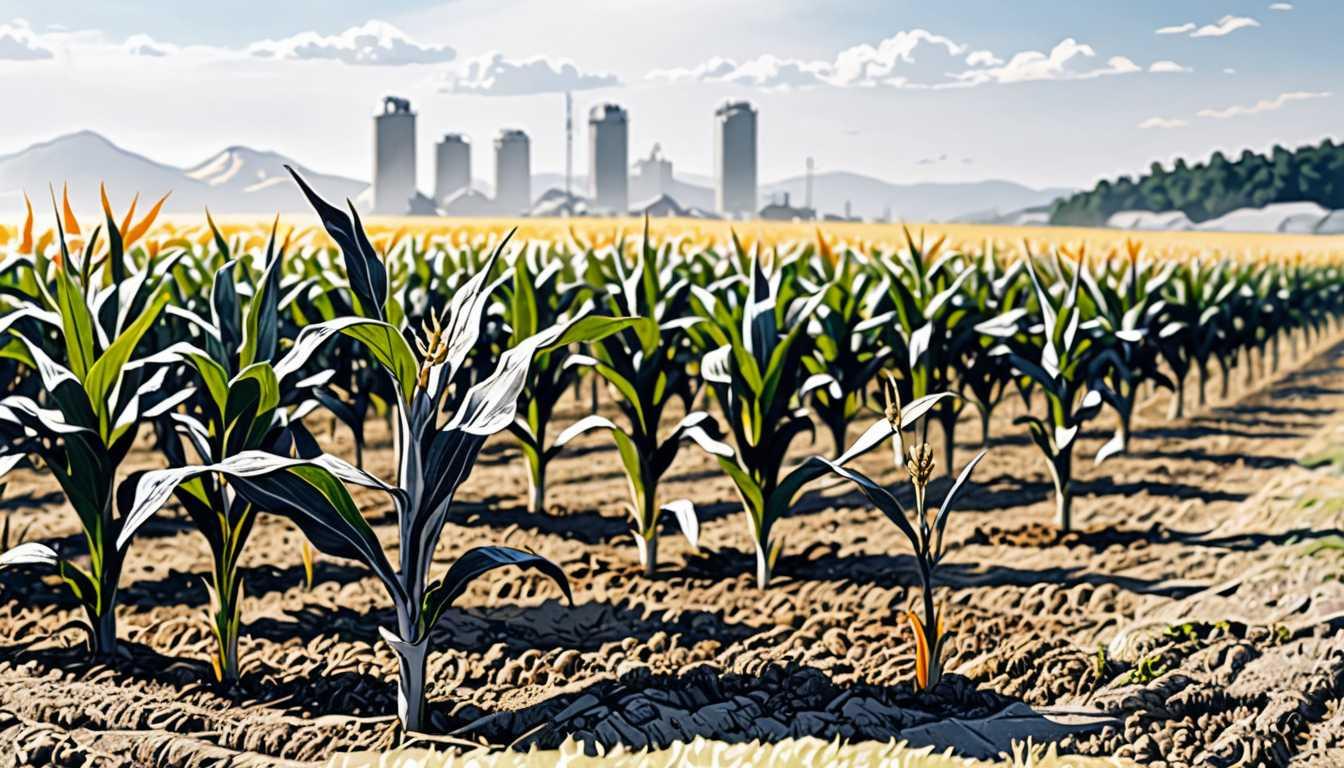Ethical Coffee: Beyond the Bean
September 2015
Smithsonian Magazine
Introduction
Dive into the world of ethical coffee with Smithsonian Magazine's eye-opening guide! Ever wondered if your morning cup of joe supports fair farmer wages or contributes to exploitation? With coffee prices on a rollercoaster and sustainability becoming a buzzword, it's tricky to navigate the maze of labels and certifications. From "shade-grown" mysteries to "bird-friendly" seals of approval, this article spills the beans on making conscientious choices. Brew yourself a cup and get ready to become a more informed coffee consumer!
READ FULL ARTICLEWhy It Matters
Discover how this topic shapes your world and future
Brewing a Better World
Coffee is more than just a morning ritual or a source of caffeine; it's a global commodity that connects consumers with farmers across the world. The journey of coffee from farm to cup involves complex issues of sustainability, ethics, and economics. Understanding the impact of your coffee purchase is crucial because it can contribute to either the exploitation or the betterment of coffee farmers' lives. Many coffee farmers in developing countries face harsh working conditions and receive low compensation, despite the high prices their products fetch in international markets. Certifications like Organic, Fair Trade Certified, and Bird-Friendly offer guidelines for more ethical consumption, but the effectiveness and integrity of these labels can vary. By choosing ethically sourced coffee, you're not just enjoying a delicious beverage; you're participating in a global movement towards sustainability and fairness. This topic might resonate with you as you start making more independent choices about what you consume, highlighting the power of informed decisions and the impact they can have on the world.
Speak like a Scholar
Sustainability
The ability to maintain or improve certain processes or ways of life over the long term, without depleting resources or causing harm to the environment. It's about meeting our needs without compromising the ability of future generations to meet theirs.
Ethical Consumption
Making purchasing decisions that reflect your values and consider the social, environmental, and economic impact of your buys. It's about thinking beyond the price tag and considering how your consumption affects the world.
Global Commodity
A raw material or primary agricultural product that can be bought and sold on a global scale, like coffee. These goods are important to the world economy but can also lead to exploitation if not managed ethically.
Certifications
Official documents or labels that confirm a product meets certain standards. In the context of coffee, certifications like Organic or Fair Trade Certified signal that the coffee was produced under certain ethical and environmental standards.
Supply Chain
The entire process of producing and delivering a product, from the initial sourcing of materials to the final delivery to consumers. Understanding the supply chain can reveal a lot about the ethics and sustainability of a product.
Economic Exploitation
The act of using someone's labor without offering fair compensation. In the coffee industry, this can mean paying farmers very low prices for their coffee while selling it for much higher prices in developed countries.
Independent Research Ideas
The Impact of Coffee Certification on Local Communities
Investigate how different certifications (like Fair Trade or Organic) actually affect the livelihoods of coffee farmers and their communities. Are farmers better off with these certifications?
Sustainability Practices in Coffee Farming
Explore the environmental impact of coffee farming methods, such as shade-grown versus traditional sun-grown practices. How do these methods affect biodiversity and soil health?
The Psychology Behind Ethical Consumption
Delve into why consumers choose ethically sourced products. What motivates these decisions, and how can awareness be increased?
Comparative Analysis of Coffee Certification Standards
Examine the criteria for various coffee certifications to determine which are most effective at ensuring ethical practices and sustainability. How do these standards differ, and what improvements could be made?
The Economic Viability of Ethical Coffee Farming
Assess whether farmers can achieve a sustainable livelihood through ethical coffee production. Consider factors like market demand, production costs, and the role of cooperatives.




